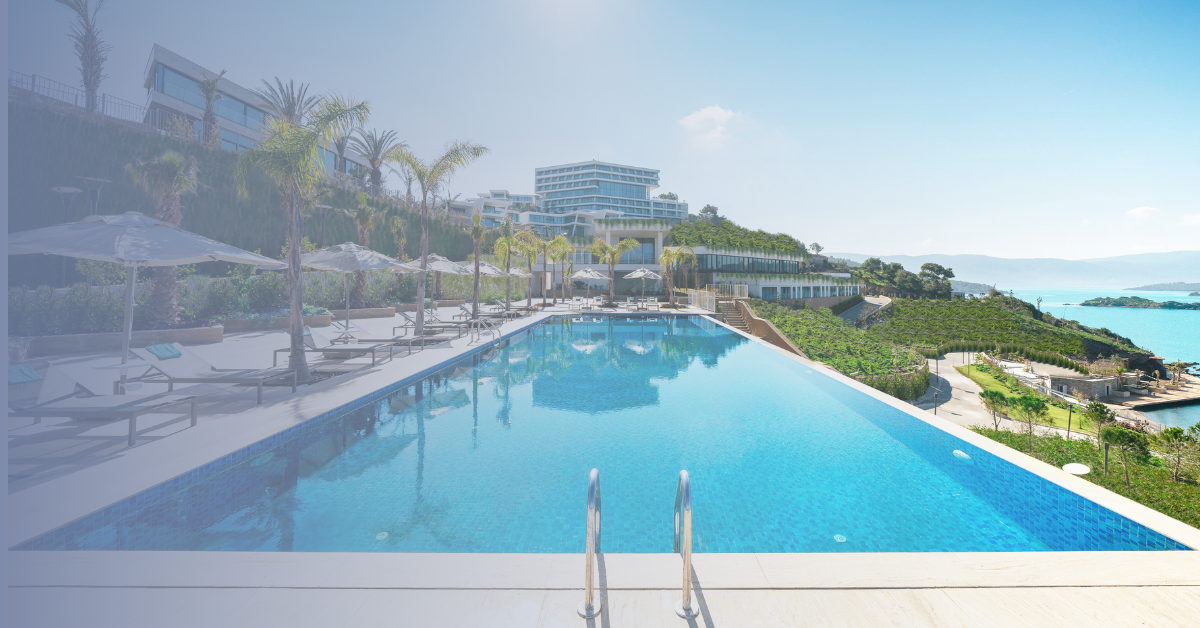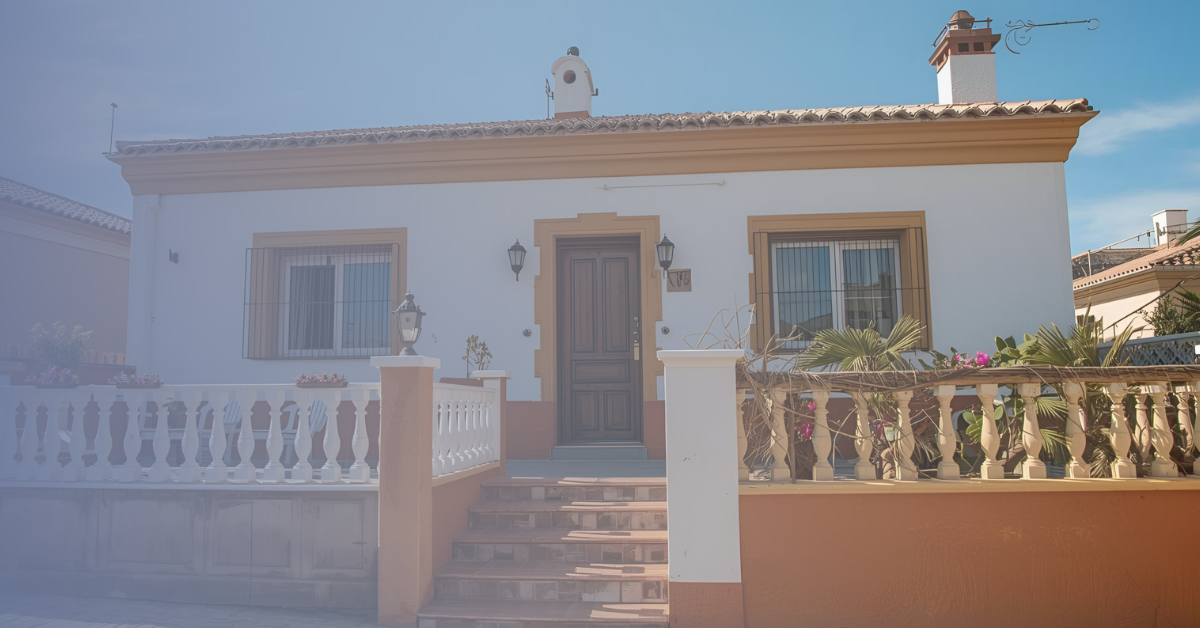If you are a Cypriot property owner, especially in a development or holiday complex, there’s important news that could affect you. In July, after nearly two decades of debate, the Cypriot Parliament passed updated swimming pool regulations that finally bring clarity and common sense to the rules.
For years, property owners in shared developments faced confusion, costly requirements, and even legal action over swimming pool compliance. Now, according to Cypriot Property News, the new law takes a more practical approach, particularly for private and shared-use pools common in apartment blocks and resort-style complexes.
Three Types of Pools – And Why It Matters for You
The 2025 law clearly defines swimming pools into three categories, each with its own requirements:
- Type 1 – Public & High-Risk Pools
These are large-scale public pools, such as municipal swimming centres, water parks, and other facilities open to the general public. They have the strictest safety and licensing rules, including lifeguards and regular inspections. - Type 2 – Business-Related Pools
These serve a commercial purpose, like hotel pools, campsite pools, spa facilities, and club pools. They are also classed as public use and must meet high safety and inspection standards. - Type 3 – Private or Shared-Use Pools
This is the category that most foreign property owners in complexes fall under. It includes:- Pools in self-catering holiday rentals
- Shared pools in residential complexes (up to five units)
- Pools for the exclusive use of owners, their families, and rental guests
The Big Win for Complex Owners – Relaxed Rules
If your pool is Type 3 and serves up to five residential units, you’ll benefit from major changes:
- No lifeguard requirement
- No operating permit needed
- Only occasional inspections, mainly during the summer months
Even if your shared pool serves more than five units, the law still recognises it as private use—meaning much lighter obligations compared to public or business pools.
This is a game-changer for many developments where pool upkeep costs and bureaucratic headaches have been longstanding frustrations.
New Safety Obligations for All Pools
While the rules for private pools are now more relaxed, safety remains a priority. The updated law requires:
- Unused or empty pools to be fenced off and securely covered
- Rainwater or stagnant water in unused pools to be drained to prevent mosquito breeding and protect children, animals, and others from accidents
These measures apply to all pool types, regardless of category.
Why This Change Took 20 Years
Efforts to modernise Cyprus’s swimming pool laws date back to 2005. For years, residents’ associations, property owners, and even MEPs lobbied for a fairer, EU-aligned system that recognised the difference between a hotel pool and a small residential complex.
Multiple proposals, legal reviews, and even petitions came and went without success—until now. The 2025 reform is based on the European Standard, which distinguishes between truly public pools and those for private or shared residential use.
What This Means for You as a Cypriot Property Owner
If you own a property in a Cypriot complex, this law could:
- Reduce your running costs – No need for a full-time lifeguard or expensive licensing process
- Simplify compliance – Occasional inspections only, with clear guidance from authorities
- Improve clarity – A defined legal framework removes the grey areas that caused past disputes
For many owners, this will mean lower communal fees and fewer legal risks. This could then potentially make your property easier to rent or sell.
Final Thoughts
After years of uncertainty, Cyprus’s swimming pool regulations now strike a fair balance between safety, practicality, and cost-effectiveness. If you’re unsure which category your pool falls under, or if your complex needs to update its policies, it’s worth speaking to your property management committee or a local legal adviser.
As a Cypriot property owner, particularly those in shared developments, this is a long-overdue win that should make enjoying your Cypriot home that little bit easier. However, if you encounter any issues with your Cypriot property, please don’t hesitate to contact us today.






